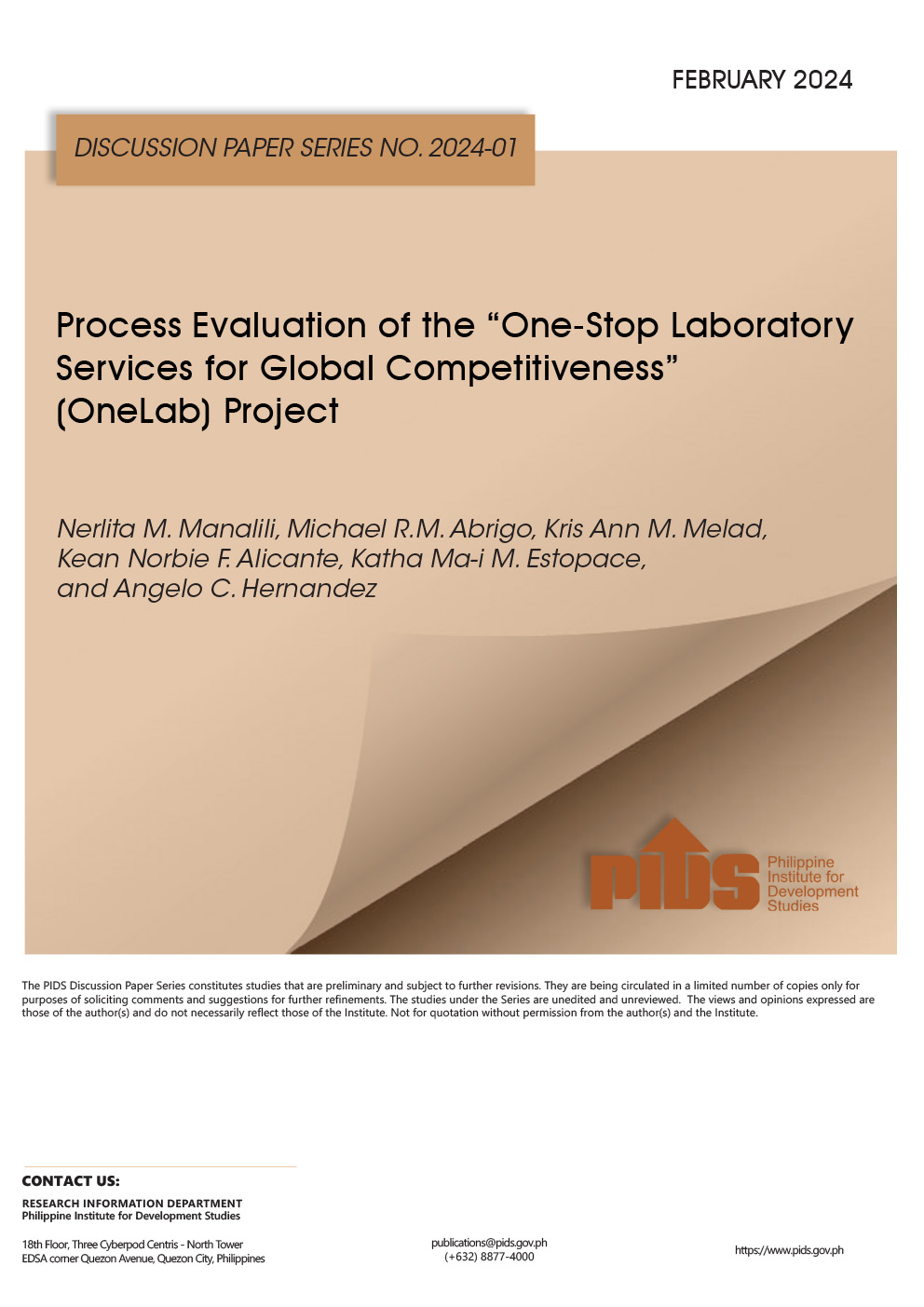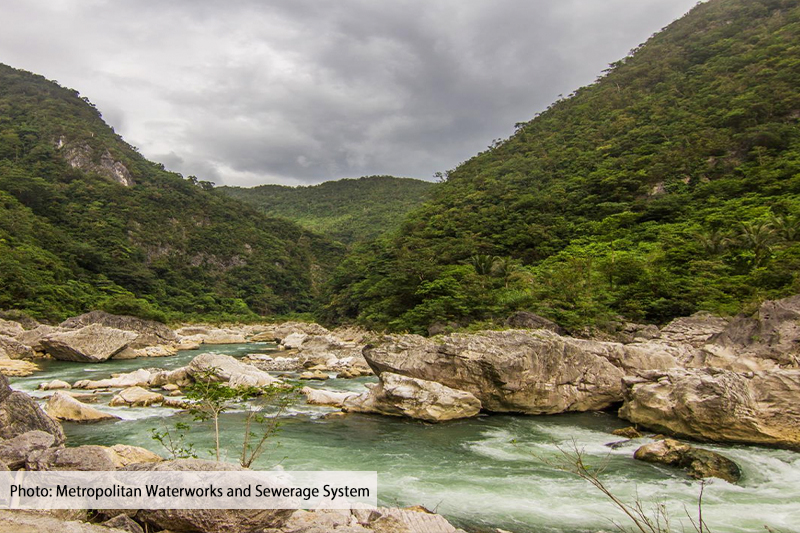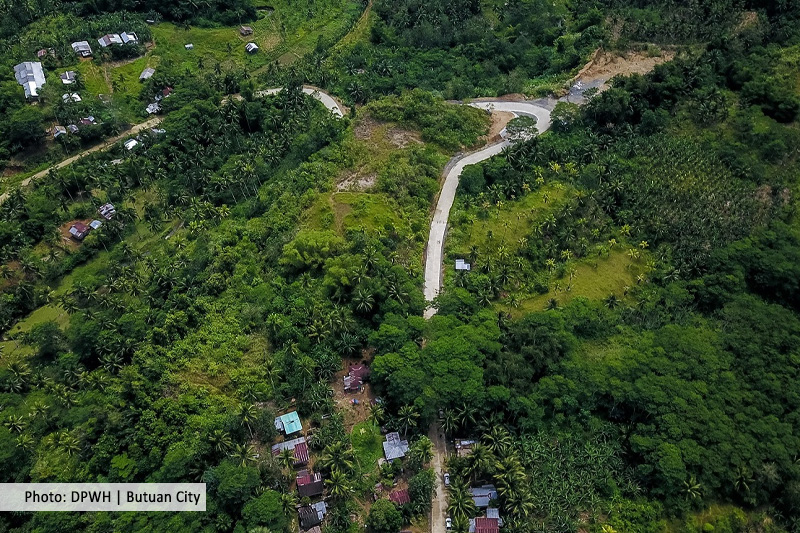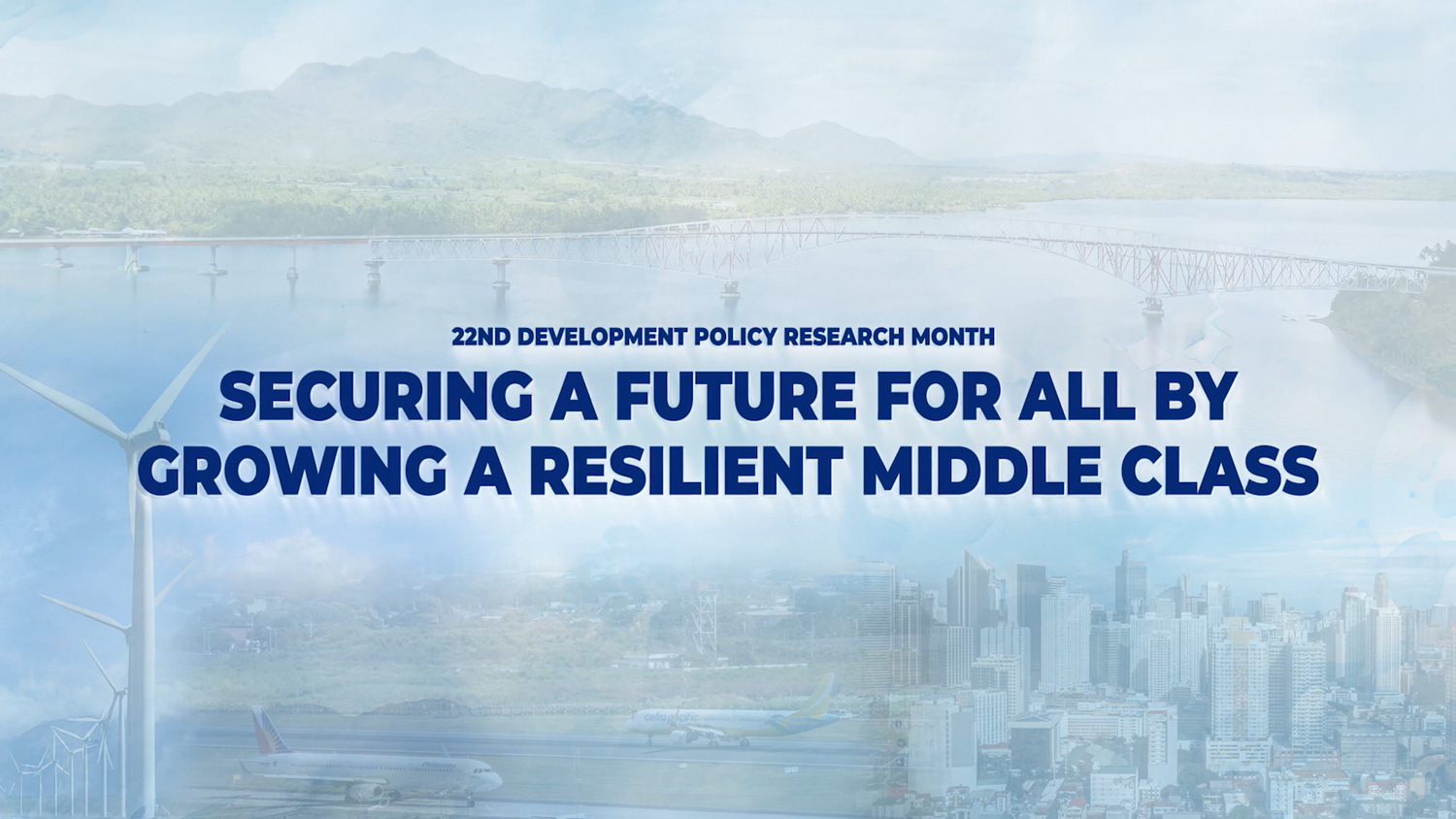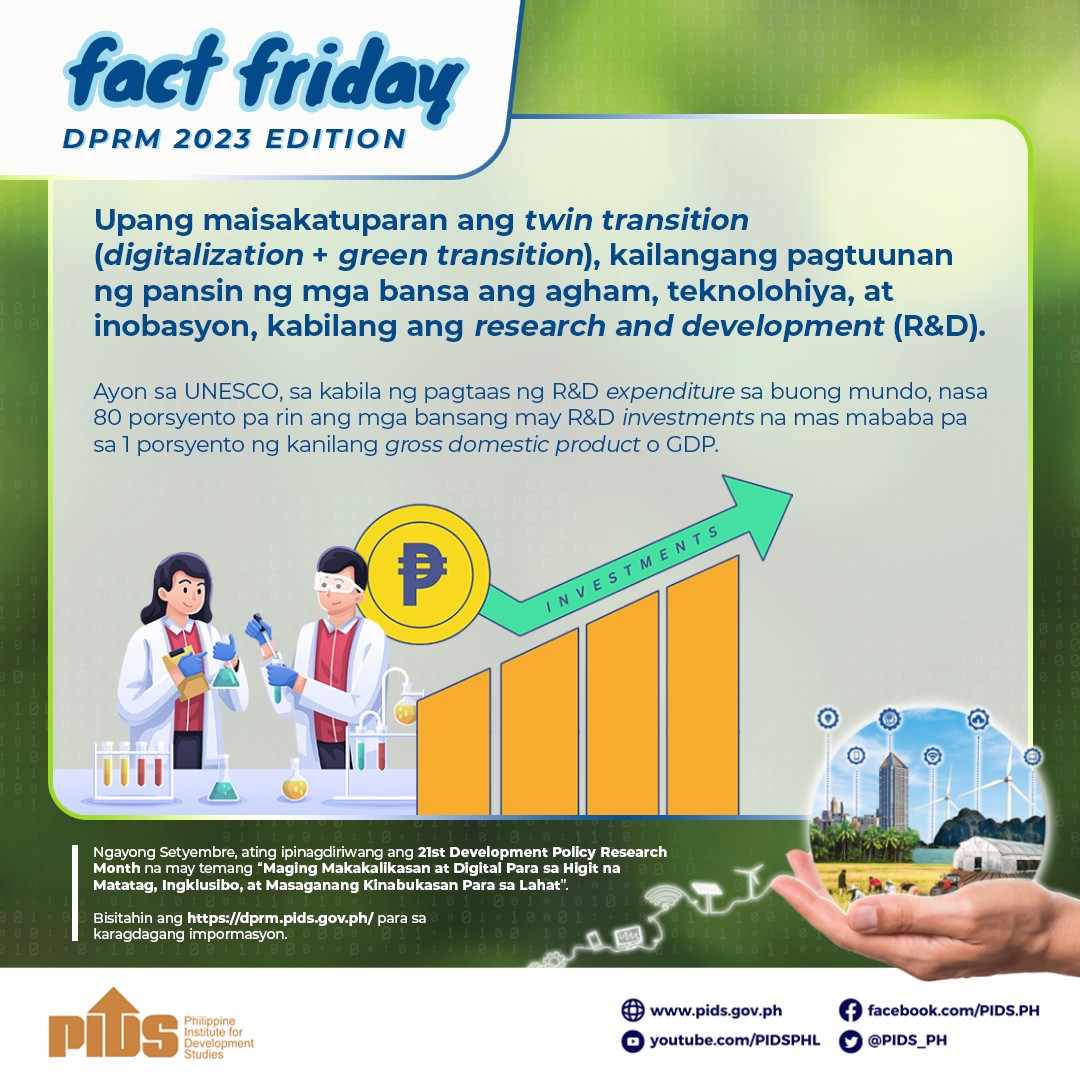MANILA, Philippines — The passage of a bill on developing electric vehicles (EVs) should be fast-tracked amid the sector’s potential for growth, especially as the country recovers from the pandemic in a green and sustainable manner, the state think tank said.
In its latest discussion paper, Philippine Institute for Development Studies (PIDS) said the local EV industry has a lot of room to grow, especially as the global outlook is painting a rosy picture for the sector.
To take advantage of such potential, PIDS author Maureen Rosellon said the government should fast-track the deliberations on Senate Bill 1382 or the Electric Vehicles and Charging Station Act.
The bill aims to establish a national policy and regulatory framework for the use of EVs in the country, aimed at having energy security and reducing dependence on imported fuel, as well as supporting innovation in clean, sustainable and energy-efficient technologies.
“Having an EV law is a strong signal for current players and potential investors that the government is serious about advancing EV in the country and including it in the priority area for industry development,” Rosellon said.
“The EV industry is an active and fast-moving industry, hence, in order to not be left behind, including the bill in the priorities for deliberation would be crucial,” she said.
As of 2019, nearly 12,000 EVs are registered with the Land Transportation Office. Most of these are e-tricycles at 57 percent.
The EV bill is intended to ready the infrastructure, policy, and regulations necessary for adoption of EVs.
Provisions in the bill include the role of key government agencies and local government units, designation of parking slots for EVs, open access installation of charging stations, manufacturing fiscal incentives, and non-fiscal incentives.
Further, Rosellon recommended that the country develop market and feasibility studies for manufacturing prospects, including a battery manufacturing road map, and a charging infrastructure plan, that are linked to the comprehensive EV road map.
“One area that the government and industry players can study is the viability of focusing on a specific type of electric vehicle and making the Philippines a manufacturing hub of that specific EV,” Rosellon said.
Studies looking at the potential impact on the power sector and contribution to air pollution control should also be considered as these will be helpful in recognizing further the prospects for the industry.
PIDS also called for appropriate fiscal incentive packages to stimulate demand including EV purchases, charging points, electricity consumption, scrappage or recycling of old vehicles.
“It would be helpful to have a review of these incentive schemes that are being implemented in other countries, and determine which would be applicable or adaptable to the local setting,” Rosellon said.
Fast-track e-vehicle development bill, says PIDS

